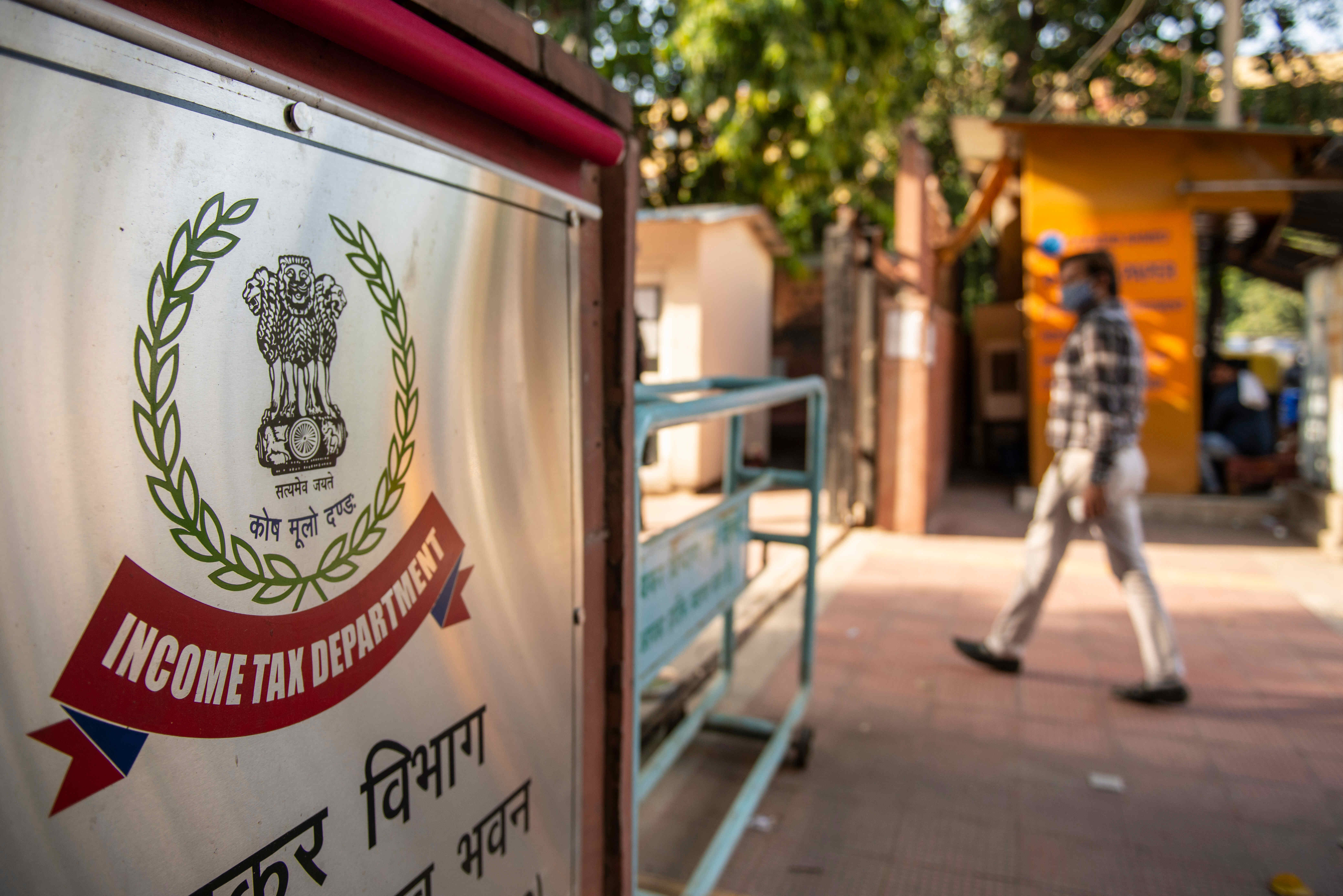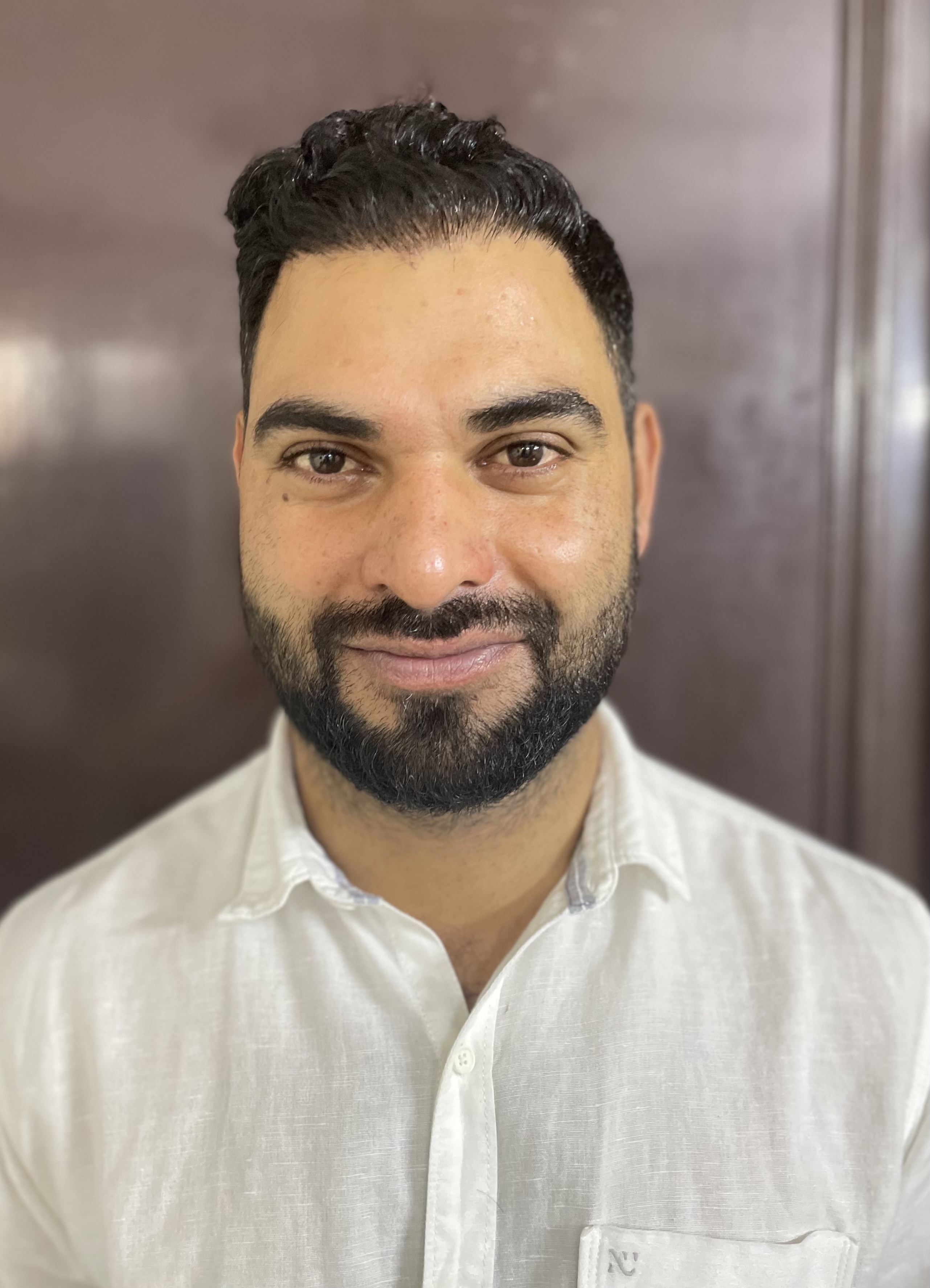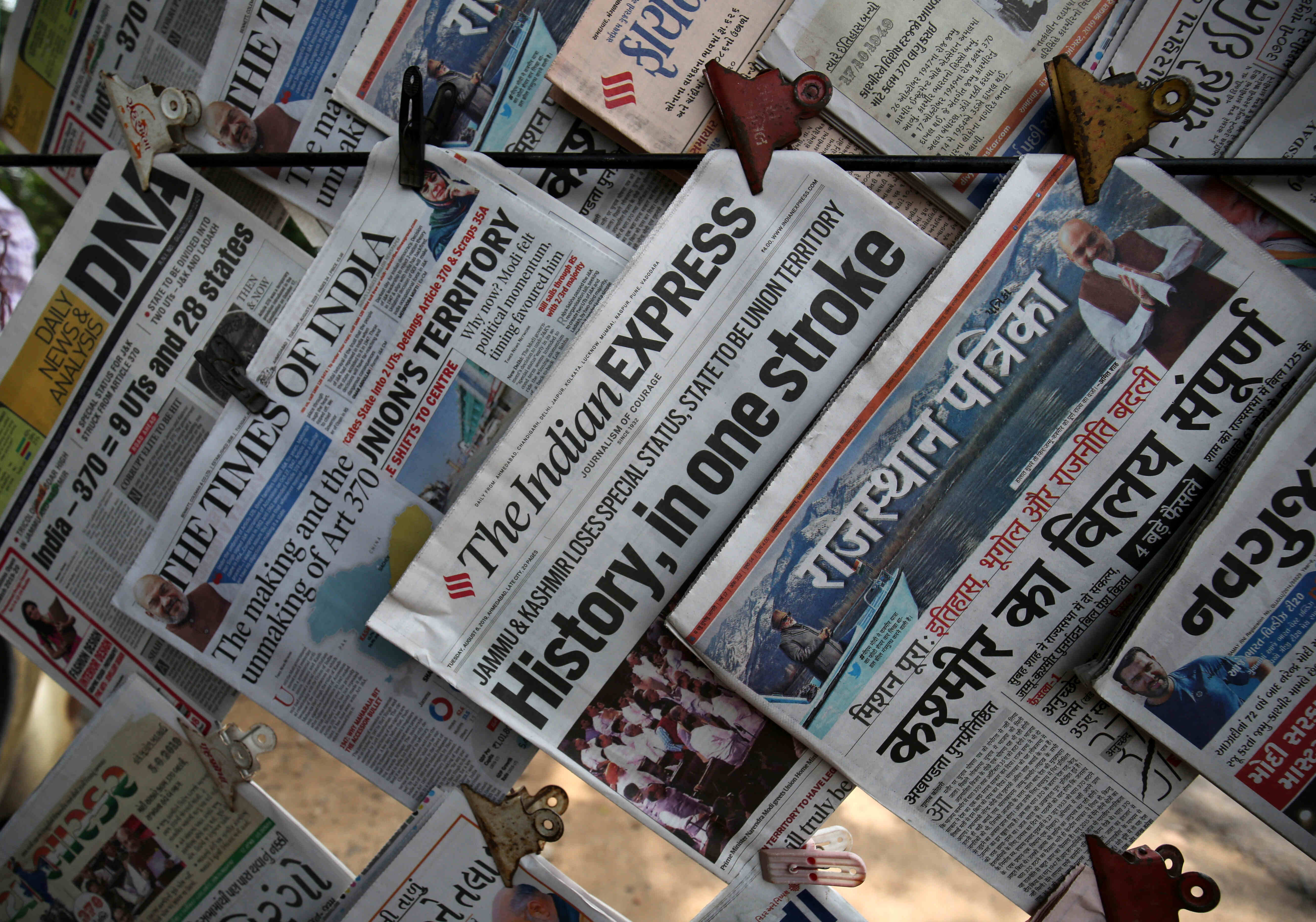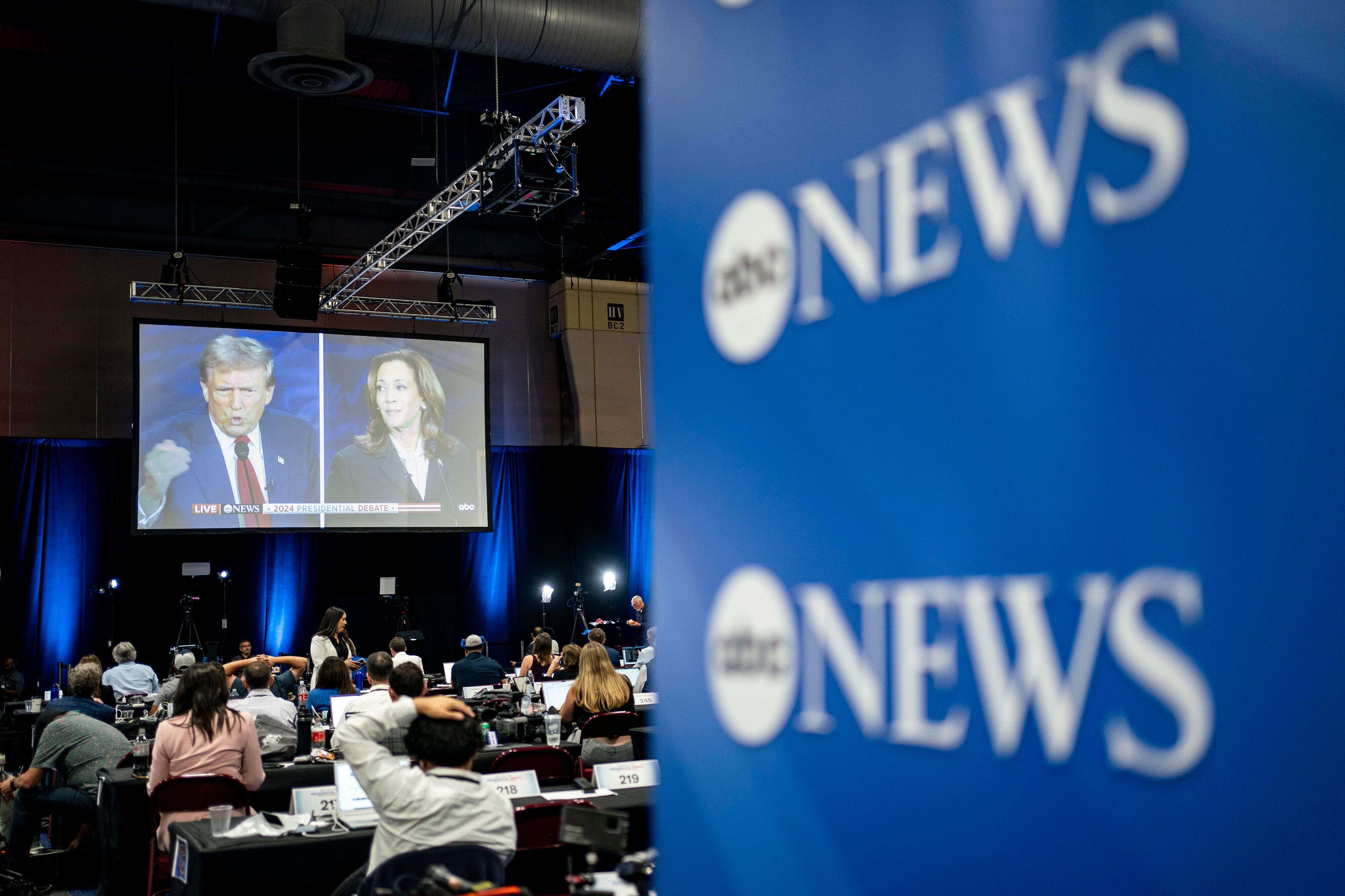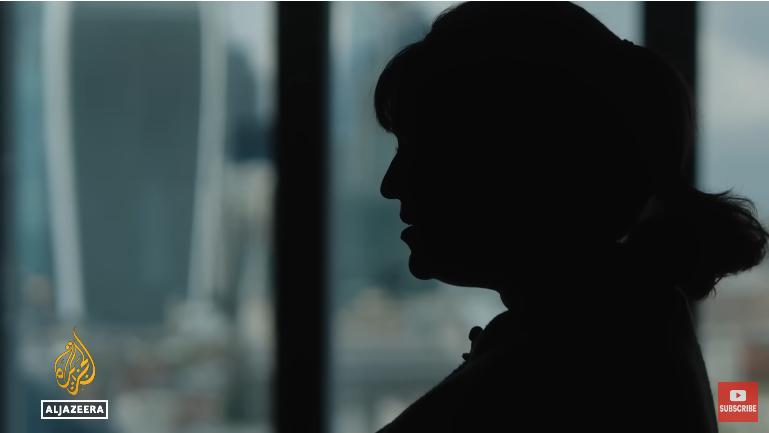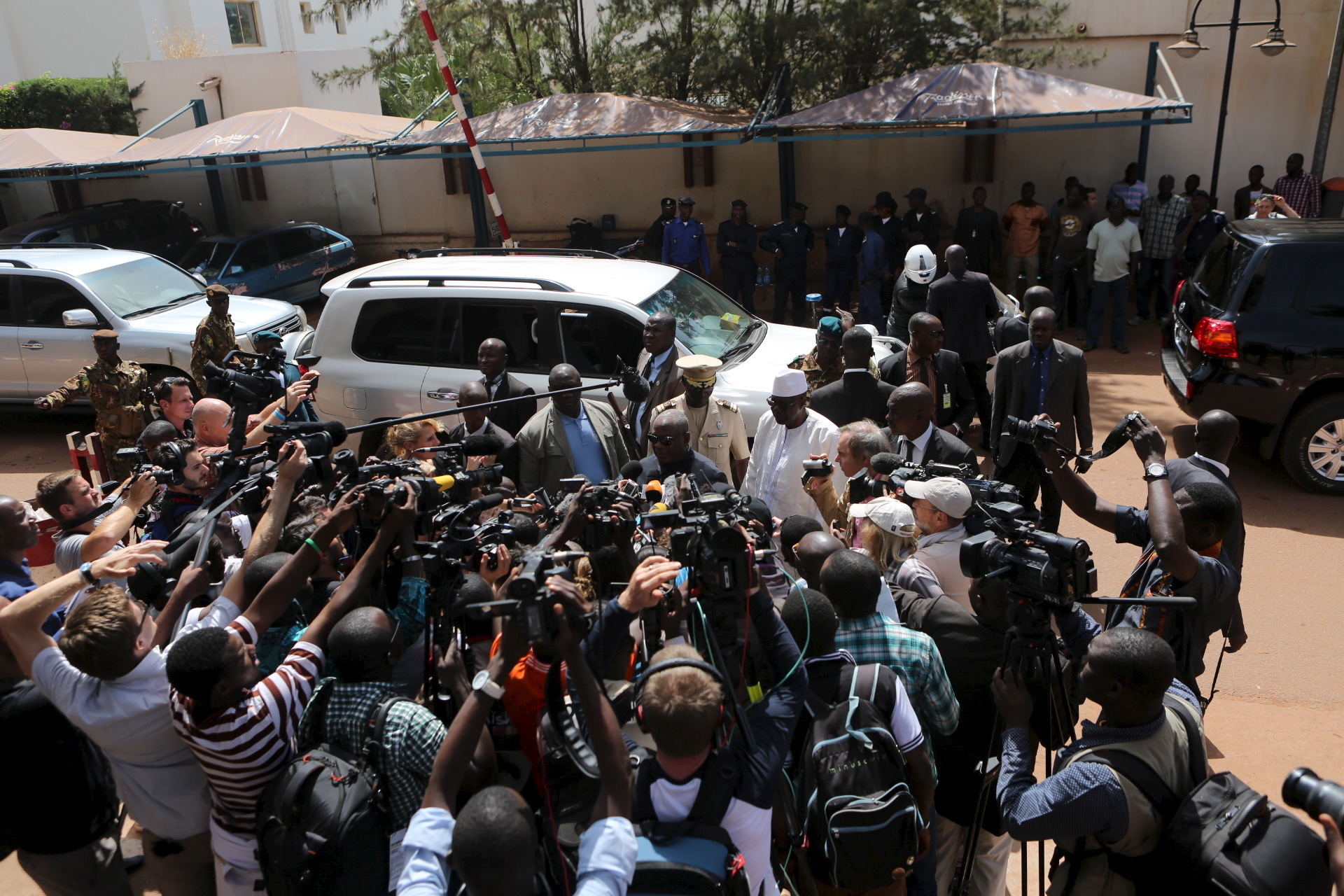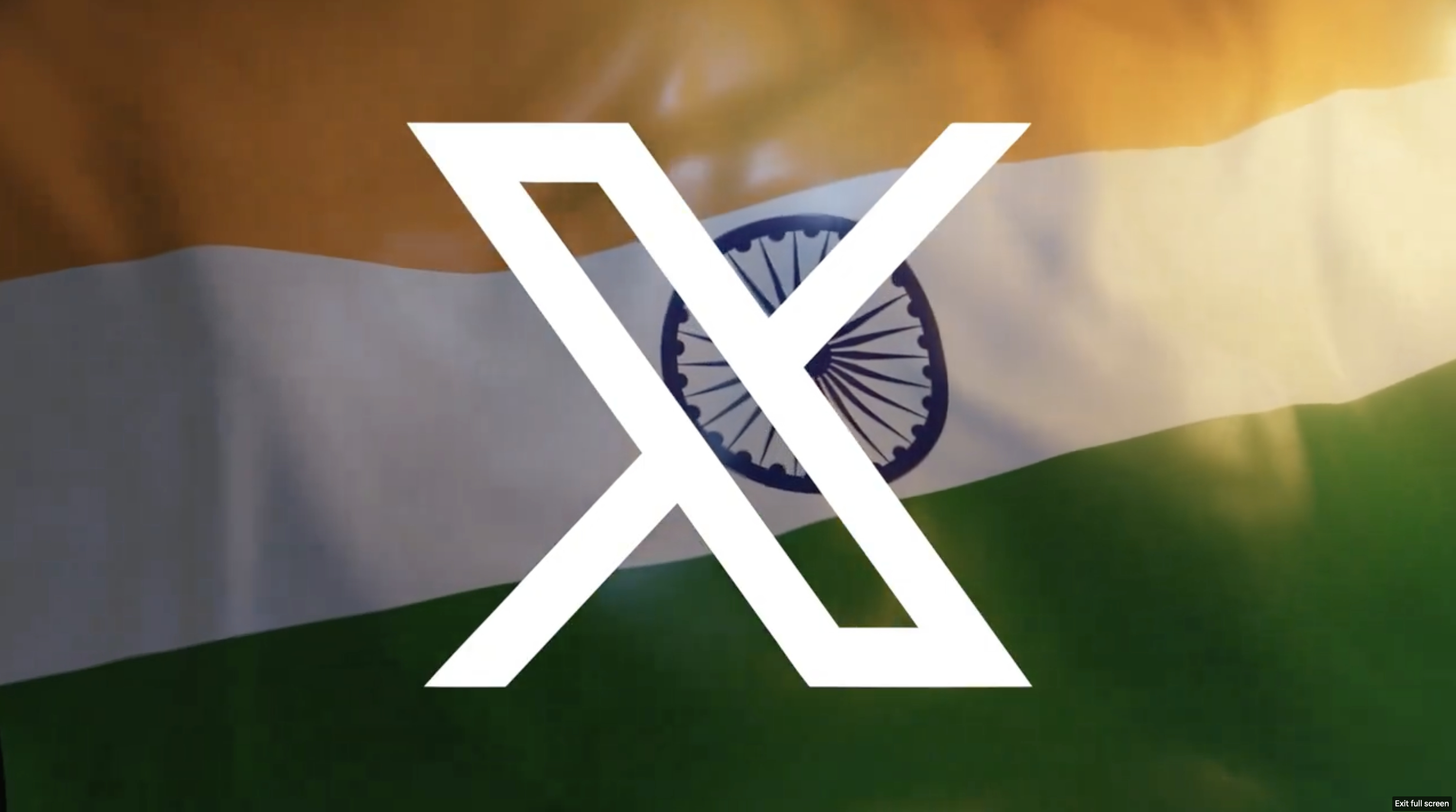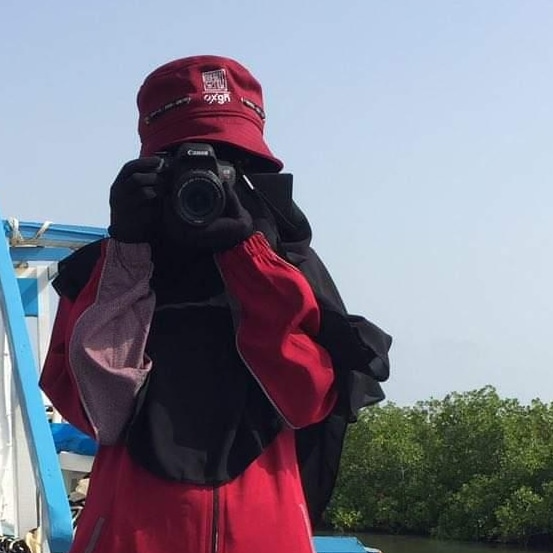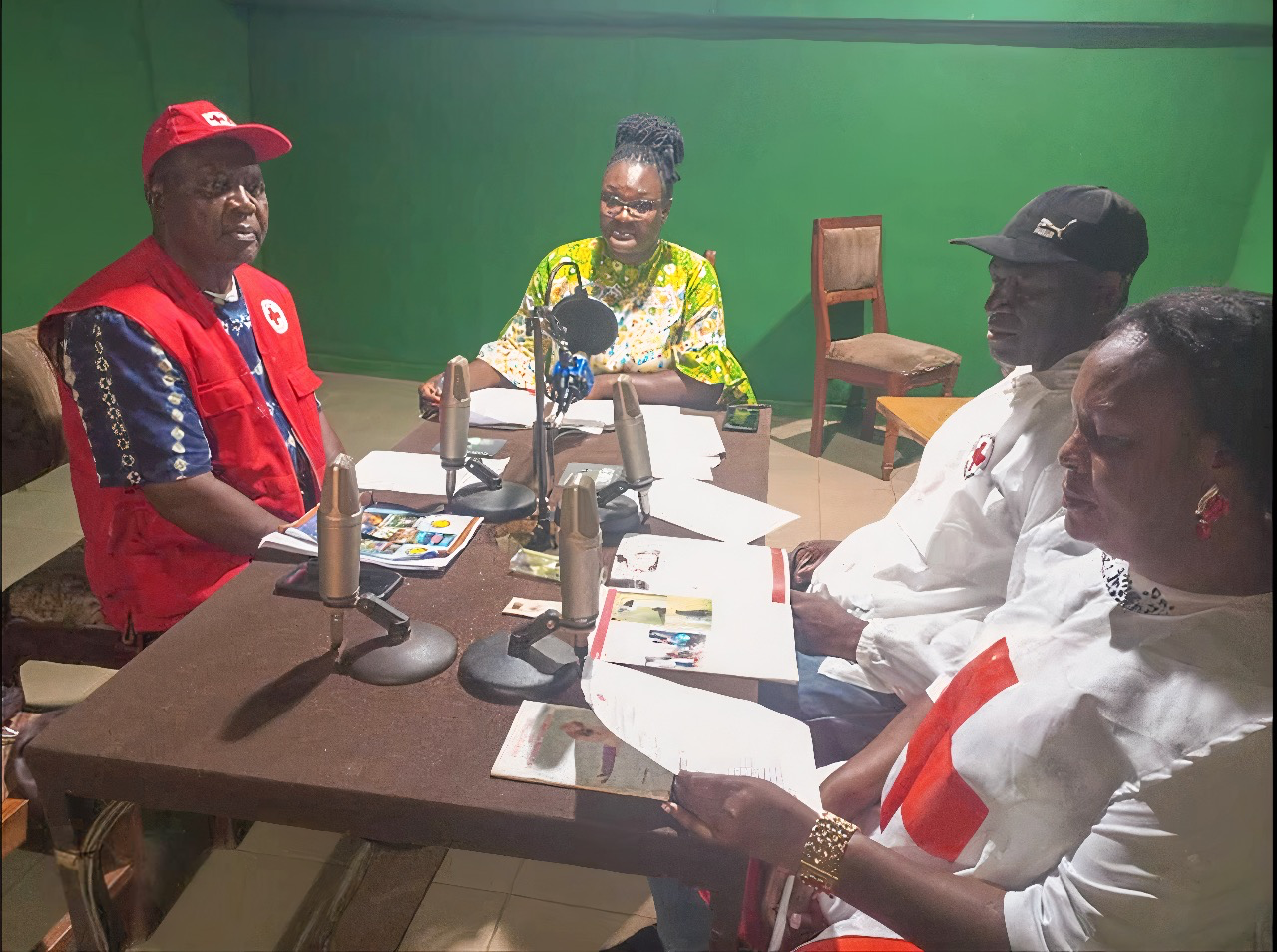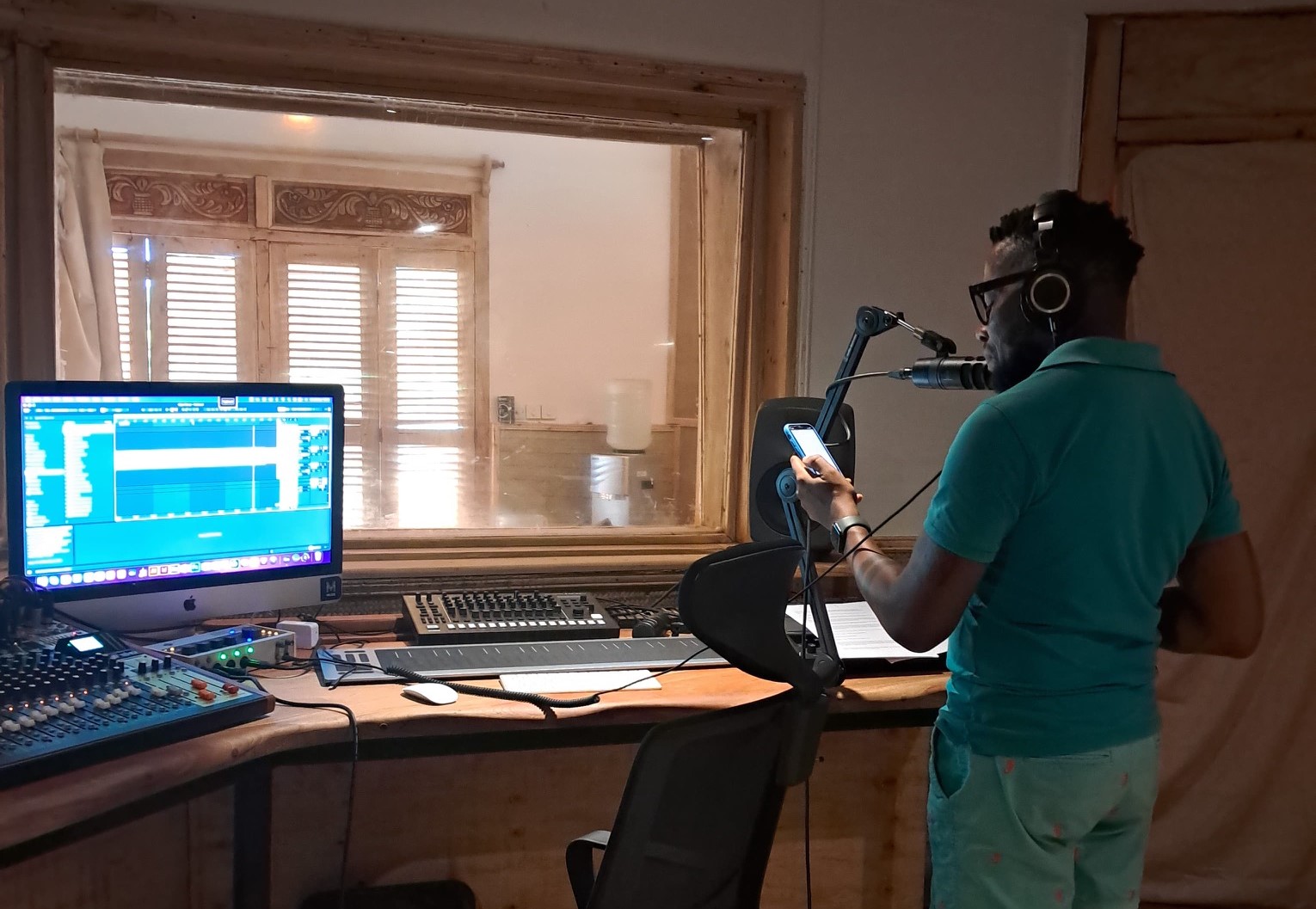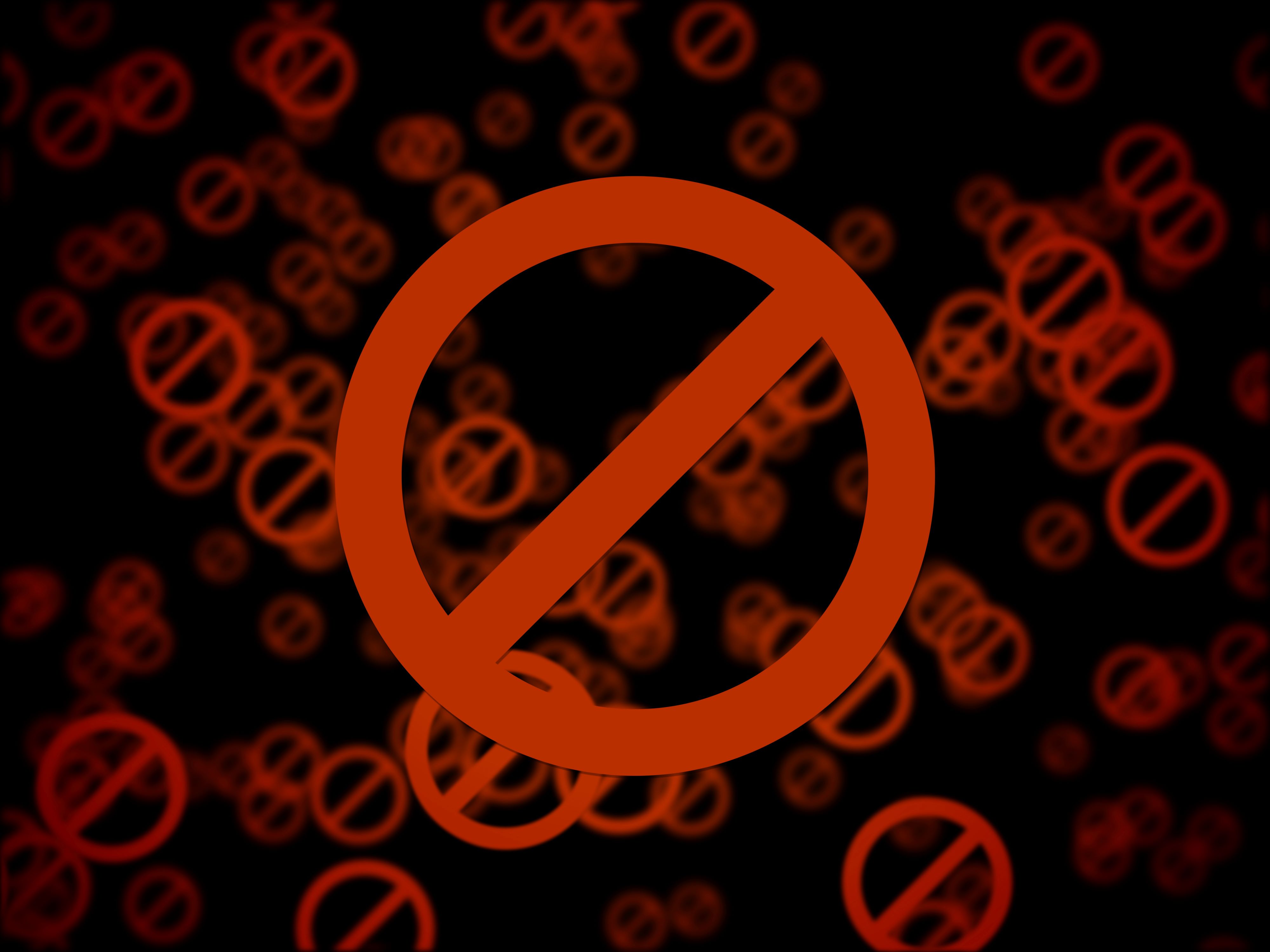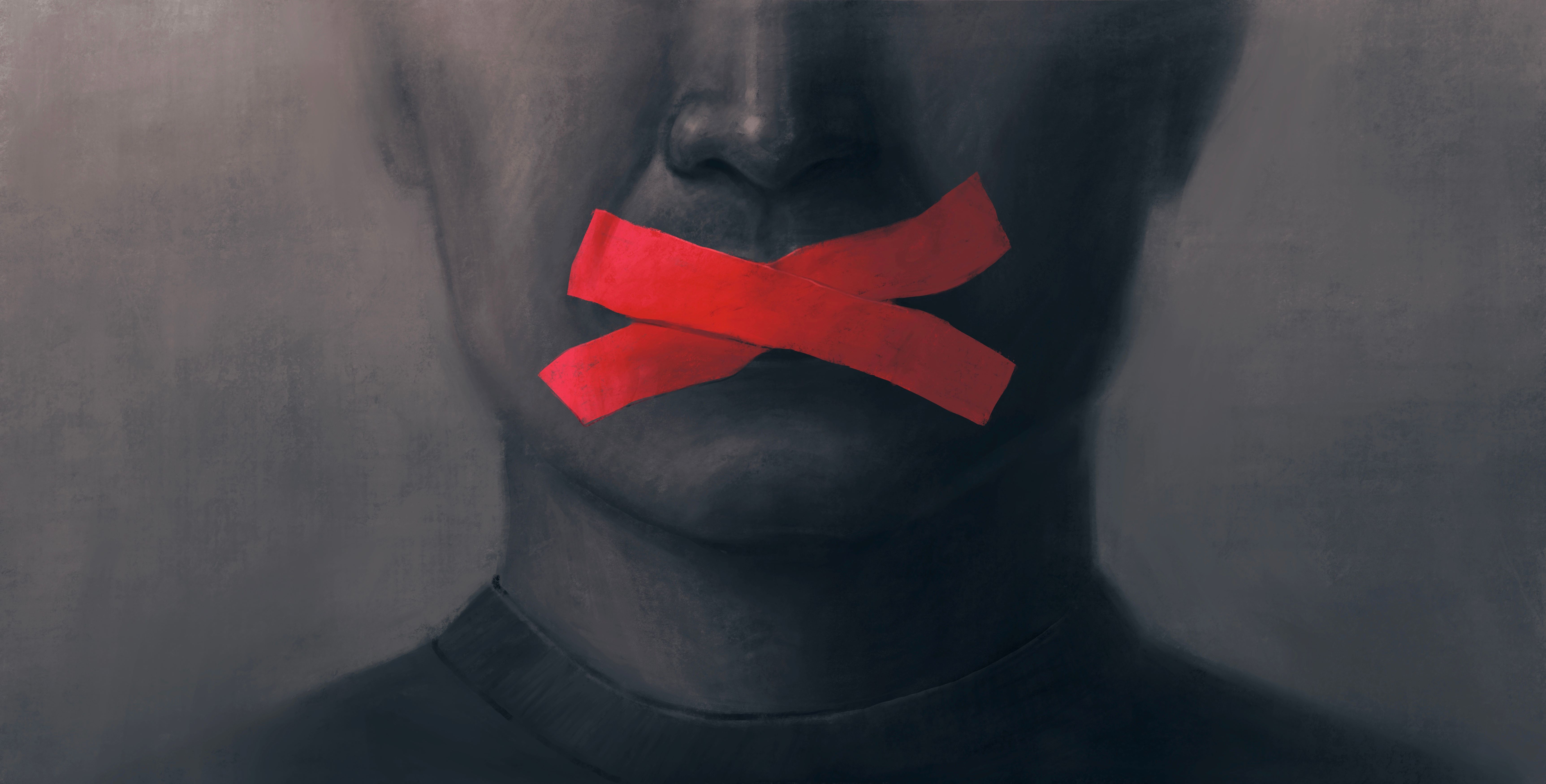All too often it has felt that the BBC has been performing PR for the Israeli government and military. This should be a cause of great shame and concern for everyone at the BBC.
Over 400 media figures, including 111 BBC staffers, have signed a letter demanding the BBC remove board member Robbie Gibb over conflict of interest on Gaza and the Middle East and his “consistent efforts to stifle legitimate coverage of Israel’s war on Gaza”
The letter accuses Robbie Gibb (a former Tory spin doctor for Theresa May) of trying to “intimidate journalists” and “distort editorial decisions” to push a pro-Israel line. They call out Gibb for trying to “stifle legitimate journalistic scrutiny” and “undermine trust in the BBC’s commitment to report without fear or favour”.
Gibb led the consortium that bought the Jewish Chronicle in 2020 and was a director there until August 2024. Signatories warn that having a board member tied to the Jewish Chronicle, which "has repeatedly published anti-Palestinian and often racist content", represented a conflict of interest and influenced editorial decisions.
We are not asking the BBC to take a side. We are asking to be allowed to do our jobs in delivering facts transparently and with due context...Our failures impact audiences. As an organisation we have not offered any significant analysis of the UK government's involvement in the war on Palestinians.
The letter specifically objects to blocking BBC’s own Panorama team from screening the award-winning documentary Gaza: Doctors Under Attack, stating that it “demonstrates, once again, that the BBC is not reporting ‘without fear or favour’ when it comes to Israel”
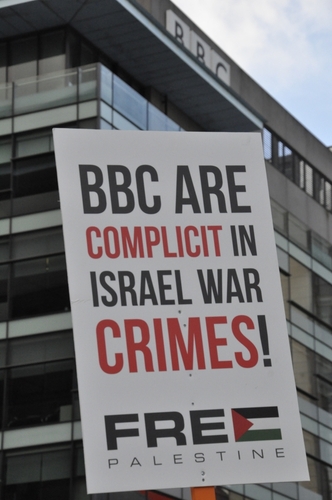
The BBC blocked its own Panorama team from airing Gaza: Doctors Under Attack, a film showing doctors working under Israeli airstrikes. The reason? BBC said it would “damage our reputation for impartiality”.
Much of the BBC’s coverage in this area is defined by anti-Palestinian racism.
Signatories say the BBC is “crippled by the fear of being perceived as critical of the Israeli government”, raising concerns about the erosion of public trust in media institutions as audiences become increasingly sceptical of the media’s ability to report impartially and objectively.
The following is the message addressed to the BBC Director General, the Board of Governors and the signatory BBC colleagues:
An Open Letter to BBC Management, Written by BBC Journalists and Signed by Media Industry Professionals
A message to the BBC Director General, the Board of Governors and our BBC colleagues.
We’re writing to express our concerns over opaque editorial decisions and censorship at the BBC on the reporting of Israel/Palestine. We believe the refusal to broadcast the documentary ‘Gaza: Medics Under Fire’ is just one in a long line of agenda driven decisions. It demonstrates, once again, that the BBC is not reporting “without fear or favour” when it comes to Israel.
We understand that a decision not to broadcast the investigation has been taken by senior BBC management despite the film’s content being signed off in accordance with BBC guidelines and editorial policy. This appears to be a political decision and is not reflective of the journalism in the film. A recent statement from the BBC said broadcasting the film “risked creating the perception of partiality". This illustrates precisely what many of us have experienced first hand: an organisation that is crippled by the fear of being perceived as critical of the Israeli government.
We are not asking the BBC to take a side. We are asking to be allowed to do our jobs in delivering facts transparently and with due context. For many of us, our efforts have been frustrated by opaque decisions made at senior levels of the BBC without discussion or explanation. Our failures impact audiences. As an organisation we have not offered any significant analysis of the UK government's involvement in the war on Palestinians. We have failed to report on weapons sales or their legal implications. These stories have instead been broken by the BBC’s competitors.
This didn’t happen by accident, rather by design. Much of the BBC’s coverage in this area is defined by anti-Palestinian racism. The inconsistent manner in which guidance is applied draws into focus the role of Sir Robbie Gibb, on the BBC Board and BBC’s Editorial Standards Committee. We are concerned that an individual with close ties to the Jewish Chronicle, an outlet that has repeatedly published anti-Palestinian and often racist content, has a say in the BBC's editorial decisions in any capacity, including the decision not to broadcast ‘Gaza: Medics Under Fire’.
This conflict of interest highlights a double standard for BBC content makers who have themselves experienced censorship in the name of ‘impartiality’. In some instances staff have been accused of having an agenda because they have posted news articles critical of the Israeli government on their social media. By comparison, Gibb remains in an influential post with little transparency regarding his decisions despite his ideological leanings being well known. We can no longer ask license fee payers to overlook Gibbs’ ideological allegiances.
Since October 2023 it has become increasingly clear to our audiences that the BBC’s reporting on Israel / Palestine falls short of our own editorial standards. There is a gulf between the BBC’s coverage of what is happening in Gaza and the West Bank and what our audiences can see is happening via multiple credible sources including human rights organisations, staff at the UN and journalists on the ground. Whilst there has been some exceptional content from some areas of the BBC (within documentary and from some individual correspondents for example), news in particular has failed to report the reality and the context of the war on Palestinians. All too often it has felt that the BBC has been performing PR for the Israeli government and military. This should be a cause of great shame and concern for everyone at the BBC.
Despite these failings, there has been a major shift within public discourse in recent months. Increasingly the scale of Israel's crimes against the Palestinians are being understood by the public as well as many of our parliamentarians. The BBC’s editorial decisions seem increasingly out of step with reality. We have been forced to conclude that decisions are made to fit a political agenda rather than serve the needs of audiences. As industry insiders and as BBC staff, we have experienced this first hand. The issue has become even more urgent with recent escalations in the region. Again, BBC coverage has appeared to downplay Israel's role, reinforcing an ‘Israel first’ framing that compromises our credibility.
We, the undersigned BBC staff, freelancers and industry figures are extremely concerned that the BBC’s reporting on Israel and Palestine continues to fall short of the standards our audiences expect. We believe the role of Robbie Gibb, both on the Board, and as part of the Editorial Standards Committee, is untenable. We call on the BBC to do better for our audiences and recommit to our values of impartiality, honesty and reporting without fear or favour.
END














